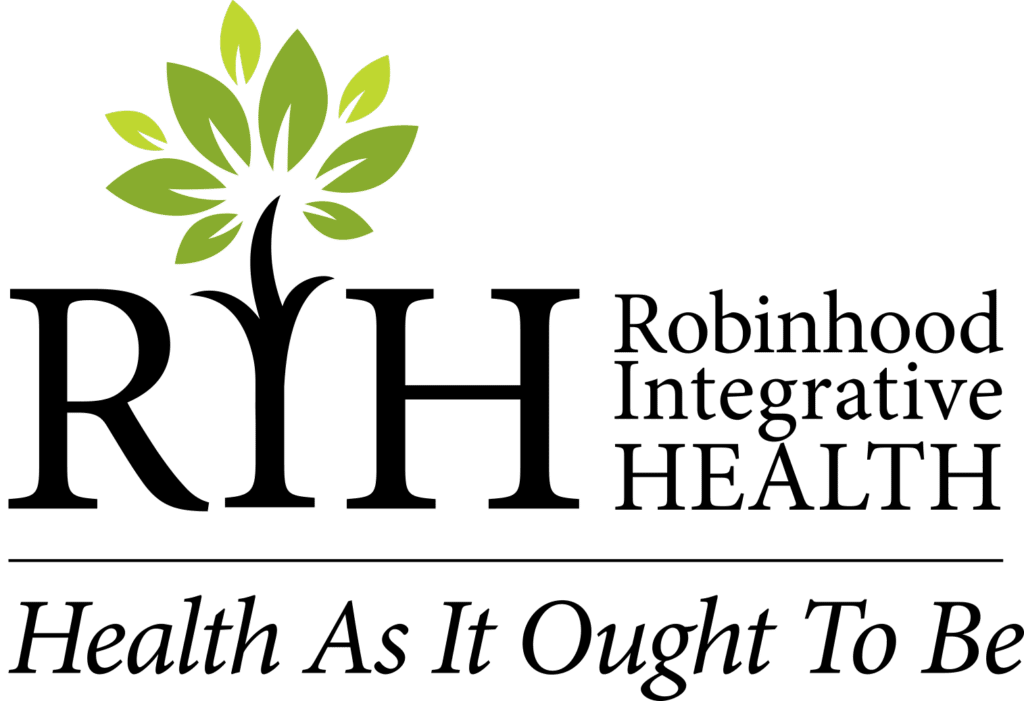Lyme disease is a widely misunderstood illness that can have a significant impact on a person’s well-being. It is primarily caused by the bacterium Borrelia burgdorferi, transmitted through the bite of infected black-legged ticks. While many associate the treatment of Lyme disease with antibiotics, the role of an Integrative Medicine provider or endocrinologist can be crucial, particularly in managing complex symptoms and related hormonal imbalances. This blog post will explore how hormone optimization can play a pivotal role in the overall treatment and management of Lyme disease.
Understanding the Role of Hormones in Lyme Disease
When someone is diagnosed with Lyme disease, the primary concern often revolves around eliminating the bacterial infection. However, chronic Lyme disease can lead to a range of symptoms that overlap with endocrine disorders.
Addressing Hormonal Imbalances in Lyme Disease
One of the common issues faced by Lyme disease patients is the disruption of normal hormonal function. This can manifest in myriad ways, such as fatigue, weight changes, and mood disturbances, which can often mimic or exacerbate Lyme disease symptoms. An Integrative Medicine provider may be able to distinguish between symptoms primarily caused by Lyme and those resulting from hormonal imbalances. By addressing these issues, they can help alleviate some of the overall burden of the illness, leading to a higher quality of life for the patient.
Evaluating Thyroid Function in Lyme Disease
According to Verywell Health, women are eight to nine times more likely than men to be diagnosed with hypothyroidism. This statistic highlights the importance of thyroid function evaluation, particularly among female Lyme disease patients. Lyme disease can trigger autoimmune responses that may affect the thyroid, leading to symptoms such as fatigue, depression, and joint pain. An Integrative Medicine provider can perform necessary tests to determine thyroid function and implement treatment strategies such as hormone replacement therapy if needed.
Managing Adrenal Health and Stress in Lyme Disease
Integrative Medicine also takes into consideration adrenal health, which can be a significant concern for individuals suffering from Lyme disease. Chronic infections and the stress they exert on the body may lead to adrenal fatigue, a condition characterized by exhaustion and a decreased ability to manage stress. Integrative Medicine providers can assess adrenal function and suggest appropriate interventions, such as lifestyle modifications and supplements, to improve energy levels and stress resilience, providing much-needed support for the patient’s recovery process.
Taking a Holistic Approach to Lyme Disease Treatment
Incorporating an Integrative Medicine provider into the care team for Lyme disease offers a more holistic approach to treatment. This collaboration is essential as it ensures that all aspects of the disease, including hormonal health, are considered and addressed. If an Integrative Medicine provider is not available in your area then it is important to consider establishing with an endocrinologist that understands the connection with Lyme disease and hormone disruption.
Lyme disease is a complex illness that requires a multi-disciplinary approach for effective management. An Integrative Medicine provider can play a vital role in this process by addressing hormonal imbalances that may arise from the disease itself or as a side effect of its treatment. By evaluating and treating endocrine dysfunctions, we can help alleviate symptoms, improve overall health outcomes, and ultimately enhance the quality of life for those afflicted by Lyme disease. If you think you could benefit from the services of an experienced Integrative Medicine provider, reach out to Robinhood Integrative Health today!

